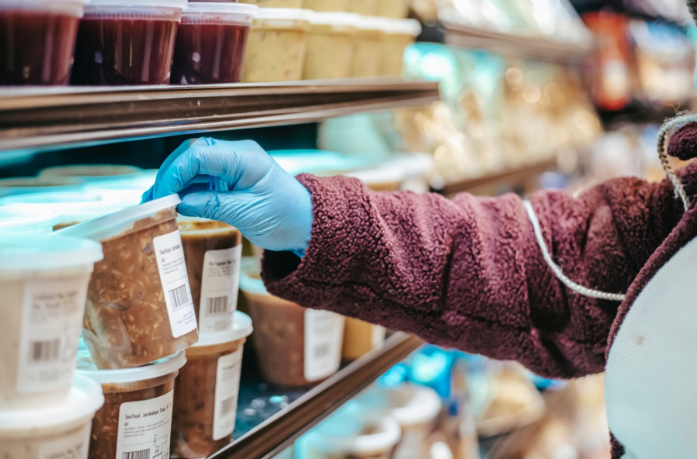How to Avoid Food Poisoning on Holiday
It’s that time of the year again where everybody makes vacation plans as they decide to travel to warmer climates to avoid the regular British weather. However, not everyone gets to have the fun and exciting vacation that they were looking forward to. Unfortunately, some people spend more time in the restroom than at the beach because they end up getting food poisoning. Let’s find out more!
Food Poisoning
Many of us associate eating in foreign countries with travel. Nothing makes us happier than trying out a local cuisine and learning about their food culture. With family and friends, we gather to eat, drink, and have a good time while sharing dishes that we might not typically consume at home. That is until food poisoning decides to say hello.
Visitors are more likely to get food poisoning from improperly cooked, prepared, or stored food than from food that has been handled by someone who hasn’t washed their hands. Reheated food and food that has been left out for a while before consumption are risk factors. This is exactly why having an online food safety supervisor course in Queensland is a good idea.
How to Avoid Food Poisoning on Holiday, Online Food Safety Supervisor Course Queensland
Avoiding Food Poisoning while Traveling
Fruit
Although fruits are a great option while traveling, they can still cause an illness. Therefore, choose fruits that you can peel as a safer option. Those large, luscious strawberries may be enticing, but because they are cultivated close to the ground, they are more likely to be contaminated by the dirt. Usually, a thorough wash is sufficient.
Salad
Food poisoning can occur from eating unwashed salads, but it can also happen from washing produce with possibly contaminated water.
Shellfish
Pre-cooked shellfish increases the chance of getting food sickness while travelling. In contrast to other foods, shellfish also spoils very quickly, which is made even worse by the warmer climate elsewhere.
Water
Drinking exclusively bottled water instead of water from the tap could be wise depending on the locality. People frequently overlook the fact that tap water is frequently used to make ice at pubs and restaurants. Request that your drinks be prepared without ice, or only use ice if you are certain that it was made using bottled or filtered water.
Ice-cream
Everyone likes to have a scoop of ice-cream when they’re on vacation. You should be aware that an ice-cream street vendor may not have the proper equipment in hotter climates to keep the product as cool as it should be. As a safer alternative, pick sorbets or ice cream cones.
Final Thoughts
The best option for guaranteeing your company is always legally responsible is to train your employees through an online food safety supervisory course in Queensland. Staff members who have received food safety supervisor training can maintain food safety and hygiene standards and maintain a strong positive reputation of your company.

